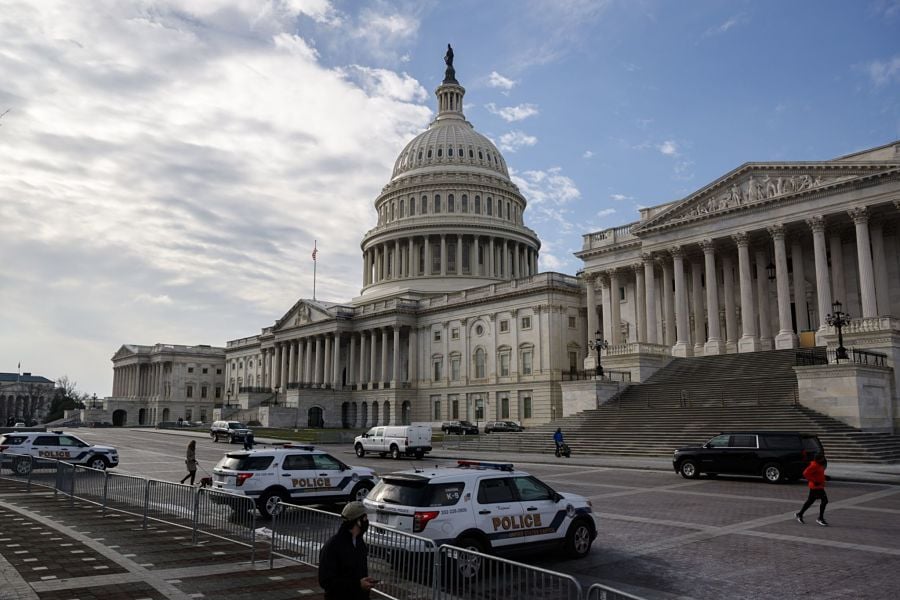

The Senate approved legislation Tuesday that would streamline regulatory filing requirements for annuities tied to indexes, a move that supporters say would help consumers better understand the investments.
The Registration for Index Linked Annuities Act now heads to the House, which approved its own version of the bill earlier in the year. If the House passes the Senate version, the bill can head straight to President Biden’s desk to be enacted into law.
Time is running out on the legislation. If Congress does not approve the bill before the end of the year, it must be reintroduced in the new congressional session that begins in January.
“With the Senate passage tonight, we urge the House to act expeditiously to pass the Senate bill,” Paul Richman, chief government and political affairs officer for the Insured Retirement Institute, said in a statement Tuesday evening. “Consumer demand for RILAs continues to accelerate because they can bring balance to retirement portfolios by allowing participation in market growth while reducing exposure to market loss, helping savers reach retirement goals.”
The bill would direct the Securities and Exchange Commission to develop a registration document specifically for registered indexed-linked annuities. Currently, RILAs use an SEC form designed for equities that backers say inundates investors with irrelevant information.
Supporters of the investments say the extensive paperwork discourages insurers from issuing RILAs and consumers from buying them.
“The [bill] will help consumers make informed and knowledgeable investment decisions when considering a registered index linked annuity,” Paul Kangas, vice president for financial services at the American Council of Life Insurers, said in a statement. “It directs the SEC to design a new RILA specific form that ensures consumers receive the information they need. Moreover, by reducing unnecessary regulatory barriers that hinder product development, the bill will help bring new and innovative options for consumers preparing for retirement.”
A RILA is a type of variable annuity tied to a stock market index that allows investors to limit their losses while also capping the upside return. Touted for use during volatile markets, RILAs racked up $10 billion in sales during the second quarter of 2021.
Supporters of the bill hope the House will consider it using a fast-track legislative process for measures that have strong bipartisan support. The Senate passed the bill through unanimous consent, its own fast-track approach.
The RILA measure is one of the pieces of legislation affecting financial advisers that is being considered during the lame-duck session. Congress might also consider a major retirement savings bill, known as SECURE 2.0, as part of an economic package later this month.
A provision that would have required investment advisers to implement anti-money-laundering programs was knocked out of a defense bill that is being voted on by the House this week.

Relationships are key to our business but advisors are often slow to engage in specific activities designed to foster them.

Whichever path you go down, act now while you're still in control.

Pro-bitcoin professionals, however, say the cryptocurrency has ushered in change.

“LPL has evolved significantly over the last decade and still wants to scale up,” says one industry executive.

Survey findings from the Nationwide Retirement Institute offers pearls of planning wisdom from 60- to 65-year-olds, as well as insights into concerns.
Streamline your outreach with Aidentified's AI-driven solutions
This season’s market volatility: Positioning for rate relief, income growth and the AI rebound
